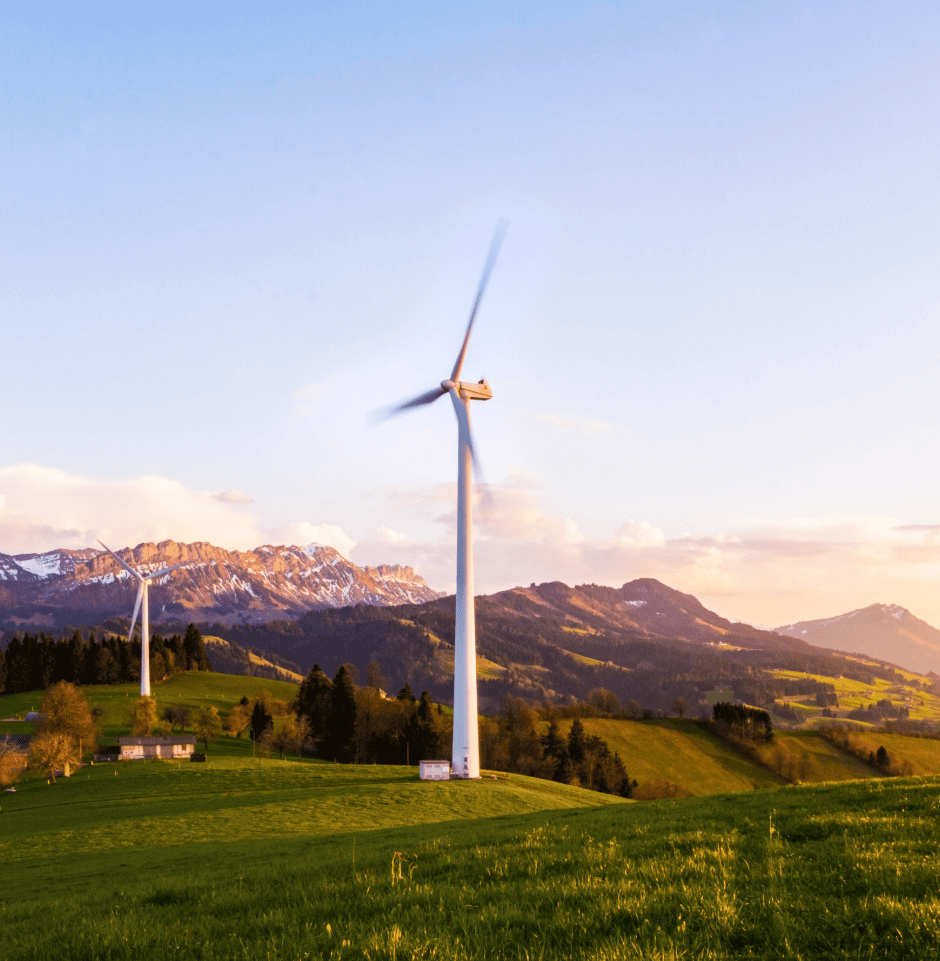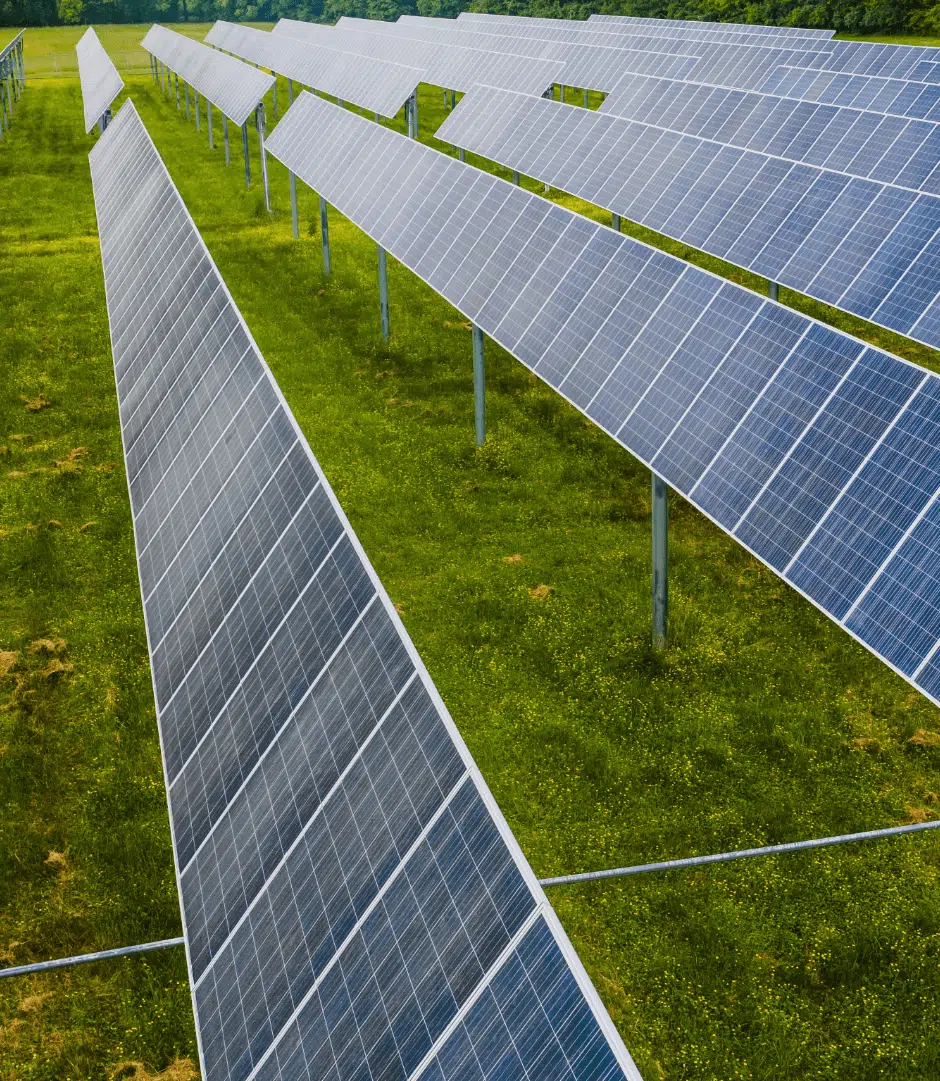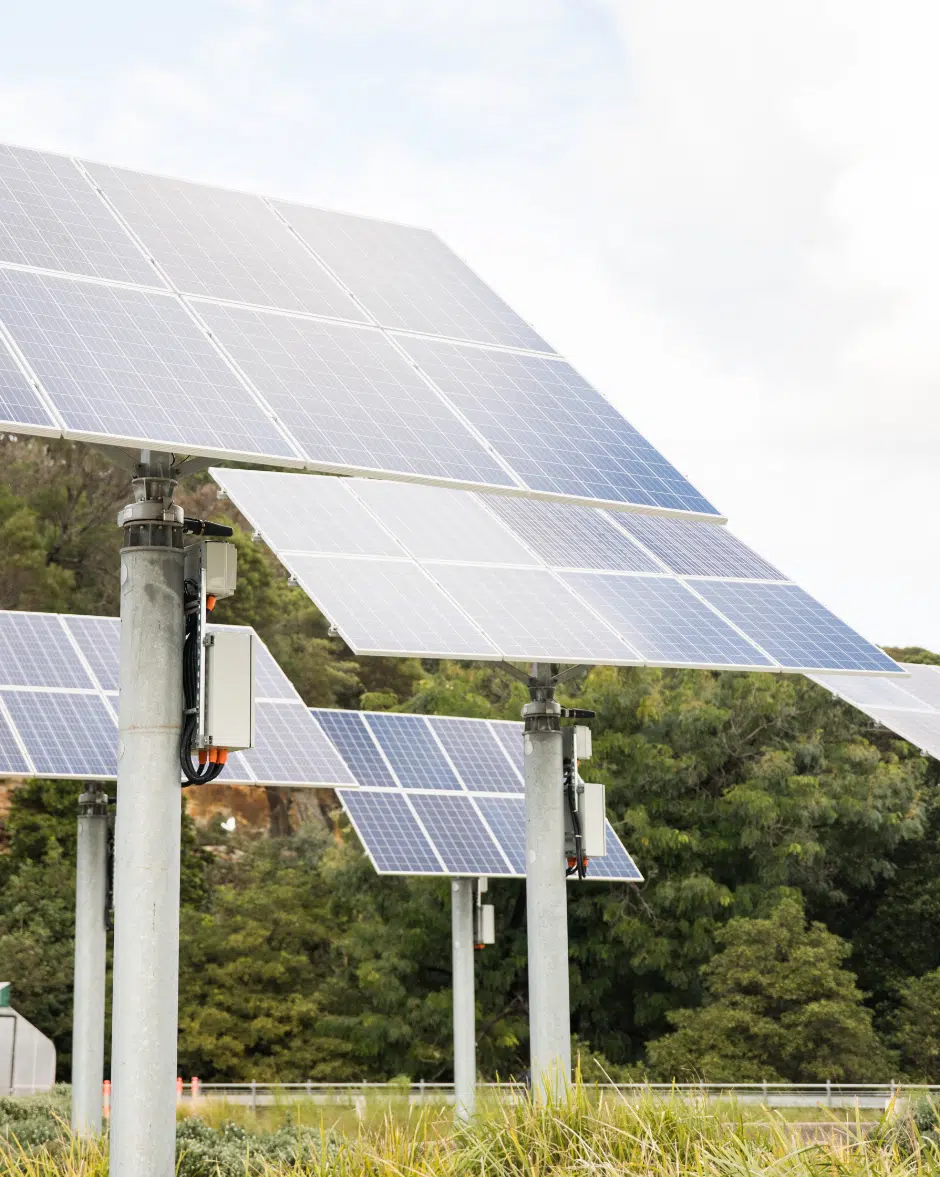Our Impact
Our Impact » Renewable Energy
Renewable Energy
Energy is at the heart of reducing CO2 in the environment. From coal power plants to natural gas heat and fossil fuel-based transportation, a large part of the CO2 in the environment today is created by producing and using energy.
Fossil fuels account for about 80% of global energy. And the power industry is the single largest emitter of CO2. On the other hand, it is also the industry with the most viable alternatives. There are already countries who are leveraging renewables to meet a majority of their energy needs. And in 2022, renewable energy makes up the bulk of new energy investments. To reduce climate change, it is obviously better to not put CO2 in the air to start off with – and renewables offer us that opportunity today.


There are several reasons to invest in renewable energy:
1. Cheaper: Renewable energy is the cheapest form of energy in nearly every part of the world. The cost of electricity has fallen more than 85% from 2010. And with greater adoption will fall even more.
2. Abundant: The majority of the world’s population lives in regions that are importers of fossil fuels. On the other hand, those regions have abundant supply of renewable sources reducing their vulnerability to geopolitical shocks.
3. Create jobs: The United Nations estimates that every dollar of investment in renewable energy projects creates 3 times more jobs than in the fossil fuel industry.
5. The economics for the world are compelling: Mark Jacobsen and his team at Stanford estimate it will take an investment of $62 trillion to get to 100% renewable energy. But we’ll save about $11 trillion a year – a payback of only 6 years.
Dyme funds renewable energy projects – from community solar, to utility scale plants. We invest in projects run by great partners such as the Canadian listed UGE International whose projects to date have led to almost 435,000 tons reduction in CO2. But alongside reducing CO2, they have many benefits for the communities we operate in. The Tuckahoe Housing Authority provides long-term lease income to the public housing development, and electricity cost savings to more than 300 residents. The Norway, Maine project repurposes a capped landfill site and reduces the cost of electricity to the town while providing excess revenue for the township through the life of the project.




